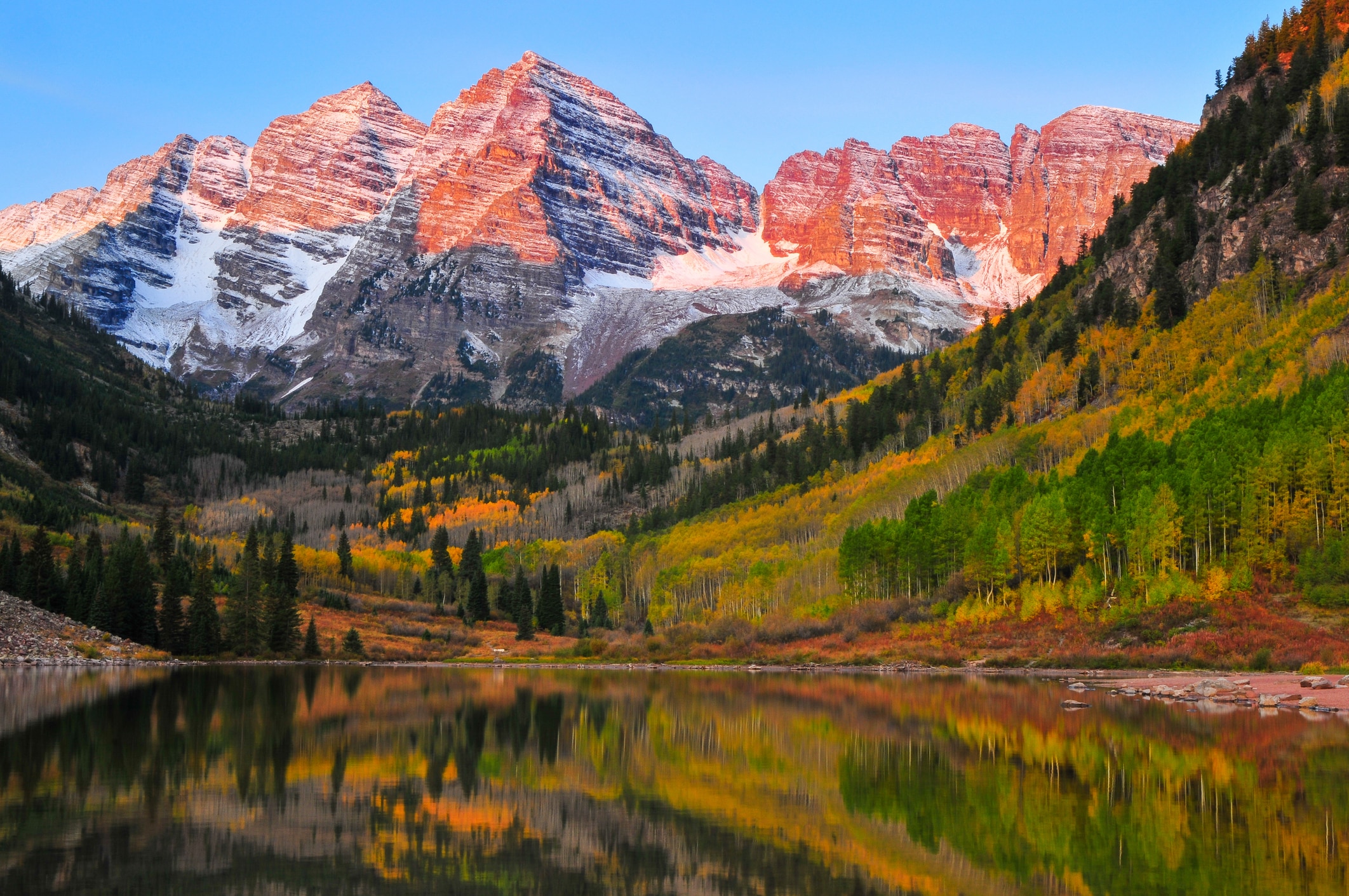Colorado is a haven for hikers and campers, a progressive community centered around a love of the natural world, and a stable place to build a career and a family. But it’s also challenging for the first-time mover who might not be prepared for some of the difficulties of mountain living — and high-altitude housing prices.
Below, we’ll cover the top 7 things you should know before moving to Colorado, so you can make the most of mile-high living.
Moving to Colorado: 7 Things to Know
If you’re planning a move to Colorado, or even if you’re just toying with the idea, there are some specifics you should know first. Fortunately, there aren’t a lot of deal breakers in terms of jobs, weather, or cost of living in Colorado, but you may find some surprises on all three of these topics below.
1) The cost of living in Colorado is higher than you might expect
The cost of living in Colorado varies a lot by region. Statewide, the average cost is 7 percent higher than the national average, but there are rural areas where land and housing is cheaper.
The reason for this? According to Rentcafe, housing is a primary driver of this cost. Other categories, like groceries, healthcare, and other goods, are slightly higher (between 1 percent and 4 percent), and other categories (transportation and utilities, specifically) are lower than the national average.
Moving to Colorado might be a little more expensive than you’re used to, but not dramatically so. In most cases, a city like Denver is comparable or cheaper as compared to other metropolitan areas like:
Chicago, IL (4.86 percent lower)
New York, NY (48 percent lower)
Dallas, TX (6.23 percent higher)
If it’s helpful to think in terms of real numbers, one study found that a single adult would need to make $103,293 annually, or an hourly wage of $49.66, to live comfortably in Colorado.
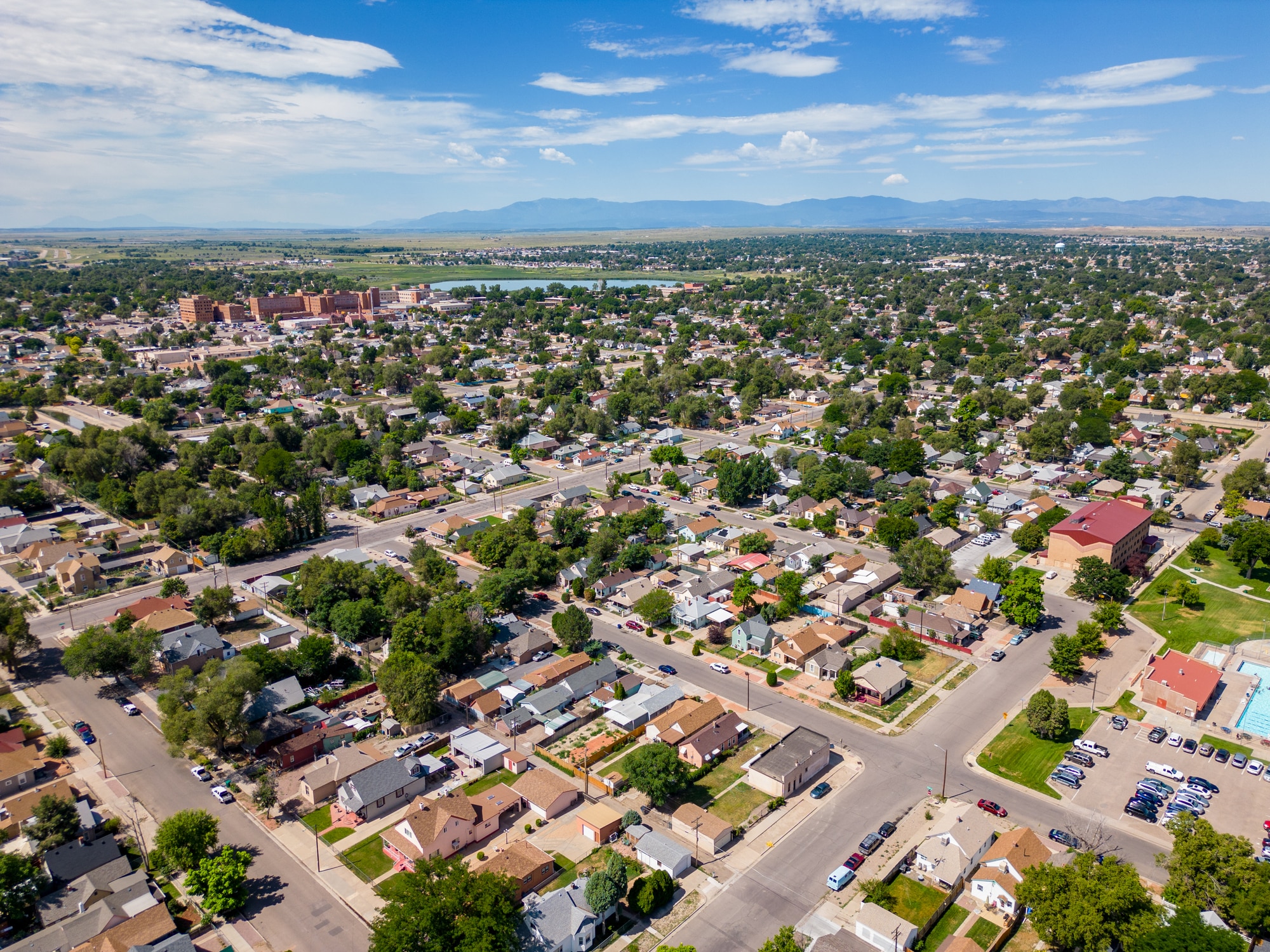
2) Colorado boasts a competitive housing market
A competitive housing market is great if you’re selling your home, but not so much if you’re the one opening your wallet. Unfortunately, housing costs in Colorado are significantly higher than in other parts of the U.S. Rentcafe reports that housing costs in Colorado — whether buying or renting — are 20 percent higher than the national average.
Colorado rental prices hover slightly above the national average, with median costs of $2,200 per month. But these costs will vary wildly depending on where you live. Denver’s median apartment rent is a little lower, at $2,150, while more expensive (and wealthy) cities like Basalt, Dillon, or Eagle might see an average monthly rent of $2,500–$3,500.
Colorado is a seller’s market in recent years, with median house prices at $581,000 as of October 2024. In some cities, like the ultra-expensive Boulder, the average listing price tops about $1 million. Before moving to Colorado, you’ll want to make sure it fits your budget.
The significant population growth over the last few years is one reason for these high costs. Like some other Western states — including the nation’s fastest-growing states, Utah, Idaho, and Texas — Colorado has increasingly drawn coastal transplants looking to move from California and the Northeast.
3) In Colorado, staying active is second nature
Patagonia jackets and sporty boots are pretty much the uniform in Colorado, and the state prides itself on natural beauty. The mountains, the trails, the sunshine — Colorado is like heaven for those who adore the outdoors.
Well-known outdoor parks and trails like Rocky Mountain National Park, Red Rocks Park, and the Garden of the Gods draw millions of visitors every year. And with the 252 sunny days that Colorado experiences annually, you can be out and about nearly year-round (with a jacket).
Plus, those rumors about “dry heat” are at least partially true. During the summer months, you might experience temperatures hovering around 100°F in some parts of Colorado. But since the air isn’t very humid, it can remain comfortable even when the mercury rises.
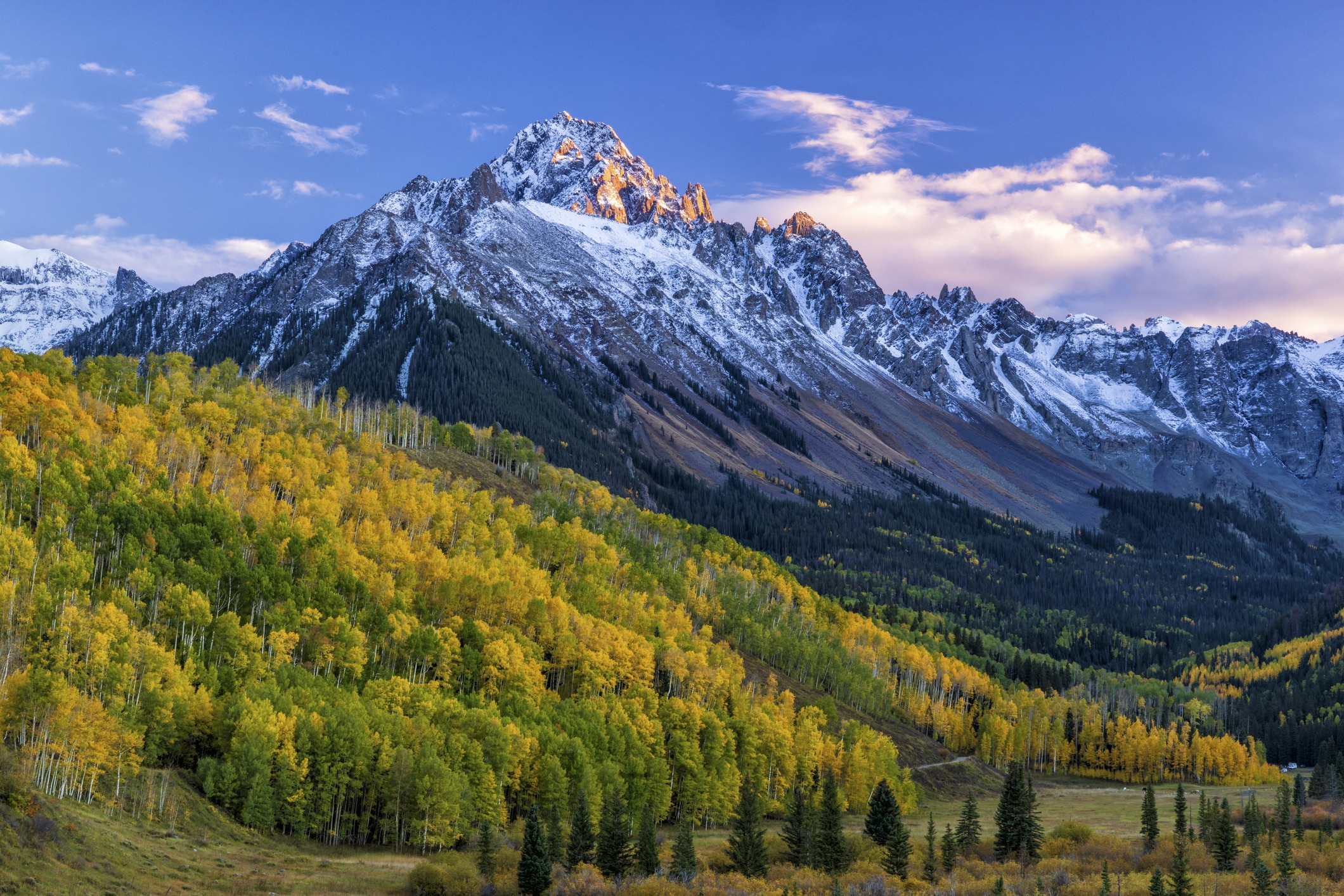
4) Colorado gets cold at higher elevations
Now just because the sun is shining doesn't mean you’ll be rocking flip-flops in January — this isn’t Southern California, mind you. The flip side to all that sunshine is that Colorado, by and large, gets chilly in the fall and winter. This might seem counterintuitive, considering some parts of the state are considered desert, and much of the rest is made up of semi-arid plains that look a lot like a desert landscape.
But while you’ll spot cactus a-plenty, you shouldn't expect the sweltering heat typically associated with desert ecosystems. While winters bring mild average temperatures on the front range, temperatures in the mountains can easily dip below freezing.
Overall, you won’t experience the icy temperatures of states further north, but you’ll undoubtedly feel the chill if you want to go hiking in the mountains in winter. Regardless, you’ll definitely want to prepare for significant snowfall of up to 220 inches per year in some areas.
5) Colorado’s job market is solid and growing
While the job market in the Centennial State has been on a steady uptick since the pandemic, 2024 has seen some challenging but manageable trends. Unemployment grew by just 2,300 jobs in Q2 2024, which means it stayed relatively steady, close to the national average of around 4 percent.
Job growth has remained steady in industries like healthcare, technology services, and business services. The highest-paying jobs are found in these particular industries, with high-skill healthcare providers and data scientists boasting some of the largest salaries in the state in 2024.
This means that while there are plenty of job opportunities, competition could be higher in certain sectors, particularly those in high demand like healthcare and technology.

6) Moving to Colorado might not be as DIY-friendly as you’d like
There are some states that, regardless of any normal moving challenges you might face, remain relatively accessible. Colorado isn’t one of them. DIY movers may find that the sharp changes in elevation, unpredictable weather, and sometimes tricky mountain roads make driving a moving van or hauling a trailer a serious challenge.
If you’re considering moving to Colorado yourself, especially for a long-distance relocation, you may want to consider alternatives, like professional moving services.
7) Marijuana is legal (if you’re into that sort of thing)
Colorado’s official state song is “Rocky Mountain High” by John Denver, and while the singer always denied that the lyrics have anything to do with cannabis, it’s turned out be a fitting tune for the state. Colorado was one of the first states to legalize recreational marijuana use, and it has quickly become a nearly-billion-dollar industry.
Legal cannabis might be a plus for you — we’re not judging. But if you’re not a fan, be aware that you may catch secondhand smoke more often than you think, especially in cities like Aurora or Denver.
What Are the Most Popular Cities in Colorado to Move To?
If you’re moving to Colorado, there is a good chance you’re looking to connect with nature, especially if you have your eye on one of the beautiful (but isolated) mountain communities. But you’ll also want to visit some of the more populous cities in the state and see what they offer.
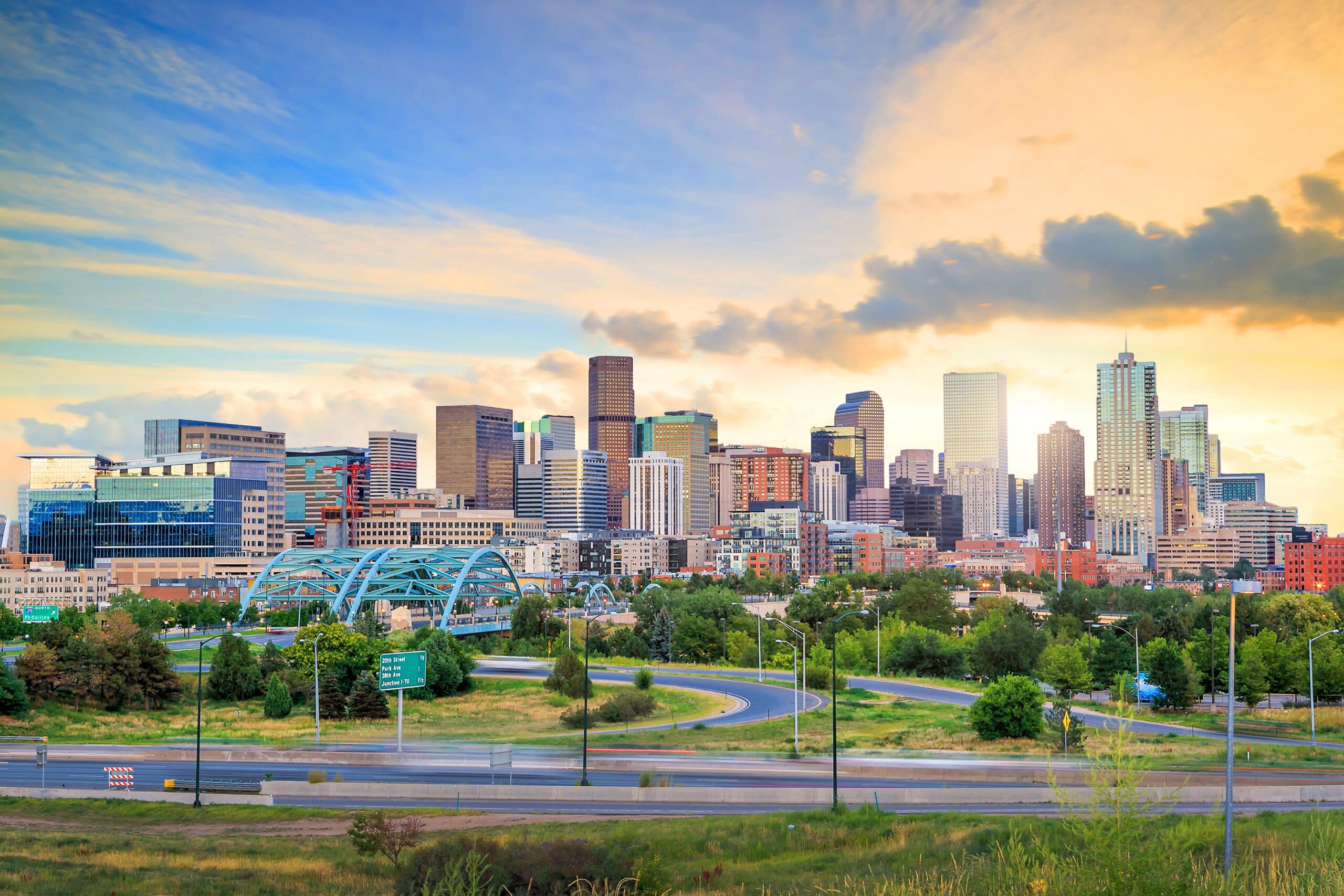
Denver
Denver isn’t just the state capital, but a center of culture and community. In addition to the city's hundreds of restaurants and bars, most major concerts and public events pass through the Mile High City. For sports fans, Denver boasts a team for nearly every major sport, including institutions like the Broncos (football), the Rockies (baseball), and the Nuggets (basketball).
Boulder
If you’re not married to the idea of being near a big city like Denver, then Boulder is an excellent alternative. This city is seemingly tailor-made for outdoors enthusiasts. Nestled right in the foothills of the Rockies, it serves as the “down-to-earth” (read: slightly hippy) sister to Denver. It’s also pretty expensive to live in — see our section on housing — so get a clear picture of your potential budget before you commit.
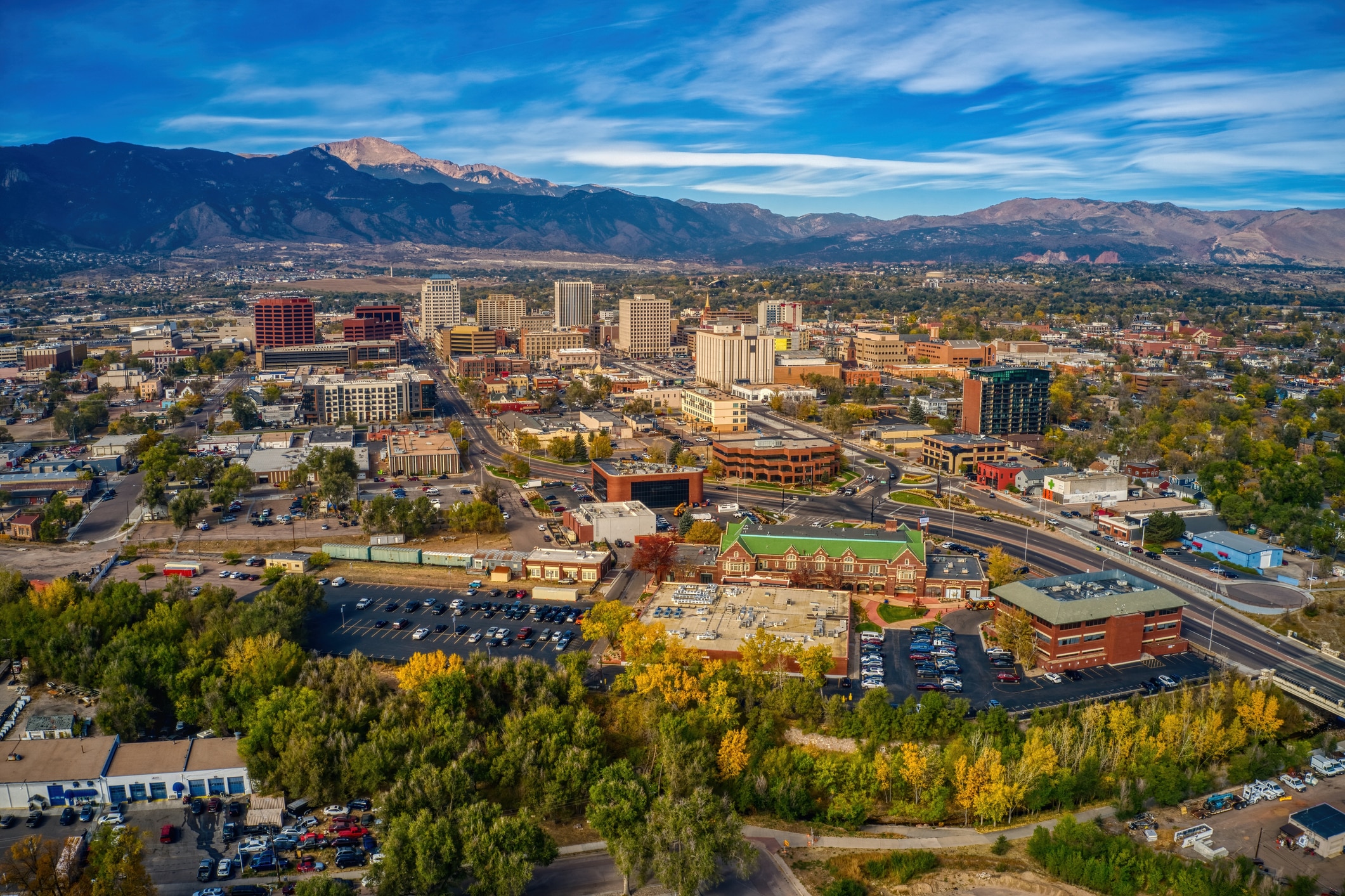
Colorado Springs
Colorado Springs is the rural cousin to Denver and Boulder, offering a more reasonable cost and a slower daily pace — a true slice of Colorado living. It’s also striking in its beauty, boasting access to Pikes Peak and the Garden of the Gods, offering a clear example of what life in Colorado has to offer.
Is the Rocky Mountain State the Right Move for You?
Is it a good idea to move to Colorado? Moving to Colorado could be a great choice for you if you love the outdoors and are seeking a progressive community, but it's important to be prepared for the higher cost of living and competitive housing market, especially in cities like Denver and Boulder. Additionally, while the job market is solid, competition may be stiff in high-demand sectors like healthcare and technology. So make sure to assess your budget and job opportunities before making the move.
Start Your Colorado Adventure Today
Moving to Colorado offers a unique blend of outdoor adventure, career opportunities, and community spirit. As you weigh the pros and cons of living in Colorado, the cost of living and housing market will likely be key factors in your decision.
Ready to make your move? At Colonial Van Lines, our full-service interstate moving services can help you navigate the twists and turns of a Colorado move from start to finish. Get a free quote today.

